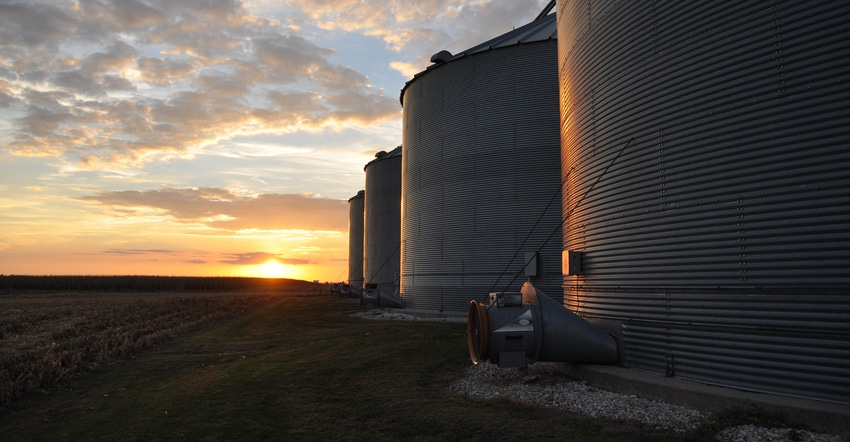
In 2020, 35 people in the U.S. were involved in a grain entrapment, and 20 of those instances resulted in death, reports Purdue University’s Agricultural Safety and Health Program.
That means 35 families received a gut-wrenching call that their loved one entered a grain bin and couldn’t climb back out on their own. And 35 fire departments rushed to the grain bin site, ready to help save a life.
Related: Brian Satorius: A farmer’s life remembered
But not all 35 could act right away; some had to wait for other responder teams because they weren’t trained and certified to enter the grain bin and perform the rescue.
Why can’t all firefighters perform a grain bin rescue?
Related: The last farm safety story I ever want to write
Firefighters in Illinois are required by law to be specifically trained in permit-required confined space, says Ryan Ruhl, Bishop Hill firefighter. And a grain bin is considered a permit-required confined space when operating as a firefighter.
“From a fire department standpoint, we as individuals in our community would do anything it takes to help a family out as if it is one of us,” he says. But like any emergency response, firefighters risk their lives when they enter a bin.
To help reduce that risk, the Occupational Safety and Health Administration, the Office of the State Fire Marshall and the Illinois Fire Service Institute developed a grain bin rescue operations course. Those who complete the course learn about grain bin operations and learn the skills they need to rescue someone from a grain facility legally and safely.
Ruhl says when he and three other Bishop Hill firefighters learned about the training course, they immediately signed up. They’re among 26 firefighters in northwestern Illinois, from eight departments in three counties, who have completed the 40-hour course and are certified to perform grain bin rescue operations.
“The course stretches over two weekends and reviews grain facility structures and terminologies you would hear on the farm,” he explains. Training includes how to safely enter and exit a grain facility using ropes, harnesses and other safety gear. Plus, they learn how to use grain tubes and other ways to successfully retrieve the individual in the bin.
Community support
Corteva Agriscience and Henry, Knox and Warren Farm Bureaus made generous donations to cover the course cost for all 26 firefighters, Ruhl adds. Proper grain bin training for first responders falls on the shoulders of rural fire departments. Rural volunteer departments face diverse challenges, and this is one they must answer.
Ruhl says farmers, agricultural organizations and businesses recognize the need for all hands on deck when it comes to grain bin rescue. River Valley Co-op funded a grain tube for the Bishop Hill fire department. Plus, organizations like Corteva and Henry County Farm Bureau, as well as many local businesses, gave funds for ropes, harnesses and safety gear.
But it doesn’t stop there.
A local farm equipment dealer helped the department purchase a 16-foot cargo trailer dedicated to transporting grain bin rescue equipment, Ruhl says. Firefighters still pull the trailer behind the main firetruck, but this ensures safety gear is kept safe from gas fume exposure and kept in good condition.
Organizations all over the state are donating equipment to local departments, just like Bishop Hill.
He says training is just as important as equipment. How beneficial are grain tubes, ropes or harnesses if firefighters aren’t certified to enter a grain bin and use them?
Ruhl encourages local firefighters to sign up for the course. Don’t wait for the next 911 call, and if you know a firefighter who hasn’t completed certification, give him or her a friendly nudge. Conversations about grain bin safety can help lower grain entrapment statistics, but more trained firefighters would make for faster responses and, hopefully, fewer deaths.
About the Author(s)
You May Also Like






